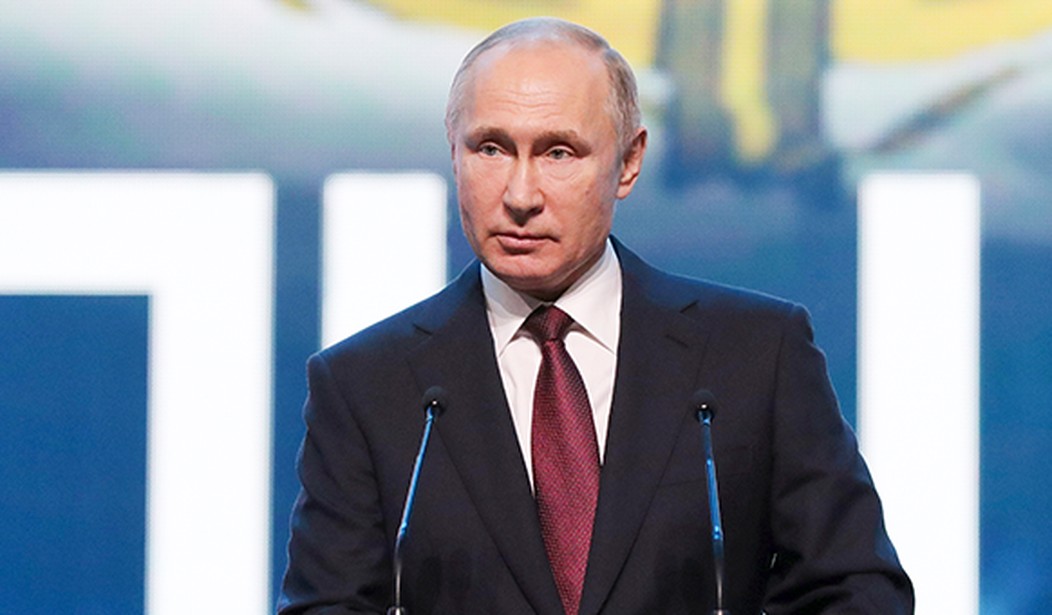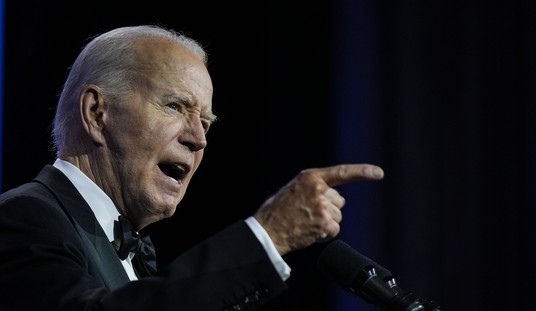Diplomats talk about “proportionality” when they address serious international problems. The theory is that any unfriendly action taken by an enemy should be met with an equally unfriendly action by us. No more unfriendly, no less unfriendly, hence the enemy has no reason to escalate their response, which could eventually go places that no one wants to go.
When Russian President Vladimir Putin ordered his troops to invade Ukraine, how did Joe Biden and NATO respond to this “shattering” of peace and the international order?
They made it harder for Russian cronies of Putin to shop at western boutiques. They made it harder for Russia to sell its oil. They made it harder for some Russian companies to get credit.
In other words, they gave Putin and Russia the “comfy chair.”
Now, NATO and the United States appear to have begun to really turn the screws on Russia and Putin by nearly decapacitating the Russian economy.
The Society for Worldwide Interbank Financial Telecommunication (SWIFT) is a global network for payments between banks. International trade and finance would be next to impossible without it. The Biden administration, Canada, and European allies said on Saturday they are going to remove certain Russian financial institutions from SWIFT. In the same statement, they announced severe restrictions on the Russian Central Bank.
NATO and Washington stopped short of completely removing the Russian government and companies from SWIFT. But this is by far the biggest hit taken by Putin for his Ukraine aggression and, at the very least, makes Putin begin to consider the serious costs of his reckless adventurism.
In their joint statement, the U.S., Canada, and European allies said “we commit to ensuring that selected Russian banks are removed from the SWIFT messaging system. This will ensure that these banks are disconnected from the international financial system and harm their ability to operate globally.”
The statement did not specify which “selected Russian banks” would be removed, and the statement suggested that some Russian banks could be exempt from the action.
Similarly, the move to target Russia’s central bank comes with little precedent, as they could attempt to freeze the foreign reserves of a country with nuclear weapons. Some experts believe such a step could carry risks if Moscow felt like its money was being held ransom.
European countries were reluctant to take this step because Russia is a major trading partner for many NATO countries, including Germany. The pain of limiting Russia’s ability to use the SWIFT network is going to be shared by most NATO countries.
Related: Ukraine in the Colosseum
In some ways, sanctioning Russia’s Central Bank is even more serious.
Russia’s central bank has more than $640 billion in foreign exchange reserves, much of it held in the computers of western central banks in cities such as New York, London, and Frankfurt. The effort to freeze or quarantine that money is likely to put tremendous pressure on Russia, one of the world’s largest economies.
The measures against the central bank could lead to domestic turmoil in Russia, such as by triggering a bank run, cratering the ruble, and causing panic among Russian businesses.
Michael S. Bernstam, a research fellow at Stanford University’s Hoover Institution, believes that sanctioning the Central Bank might be the only penalty that would actually cause Putin to rethink his invasion.
We’ll have to see. Putin has prepared for this invasion and knows what kinds of sanctions the U.S. and NATO can throw at him. If he’s been able to find alternate ways to move Russian money, we’ll know soon enough.
NATO and the U.S. still have a couple more arrows in their quiver: they could totally ban Russian companies from SWIFT and seize the Russian Central Bank’s assets. Neither option is likely, but in war, the only logic becomes victory.










Join the conversation as a VIP Member